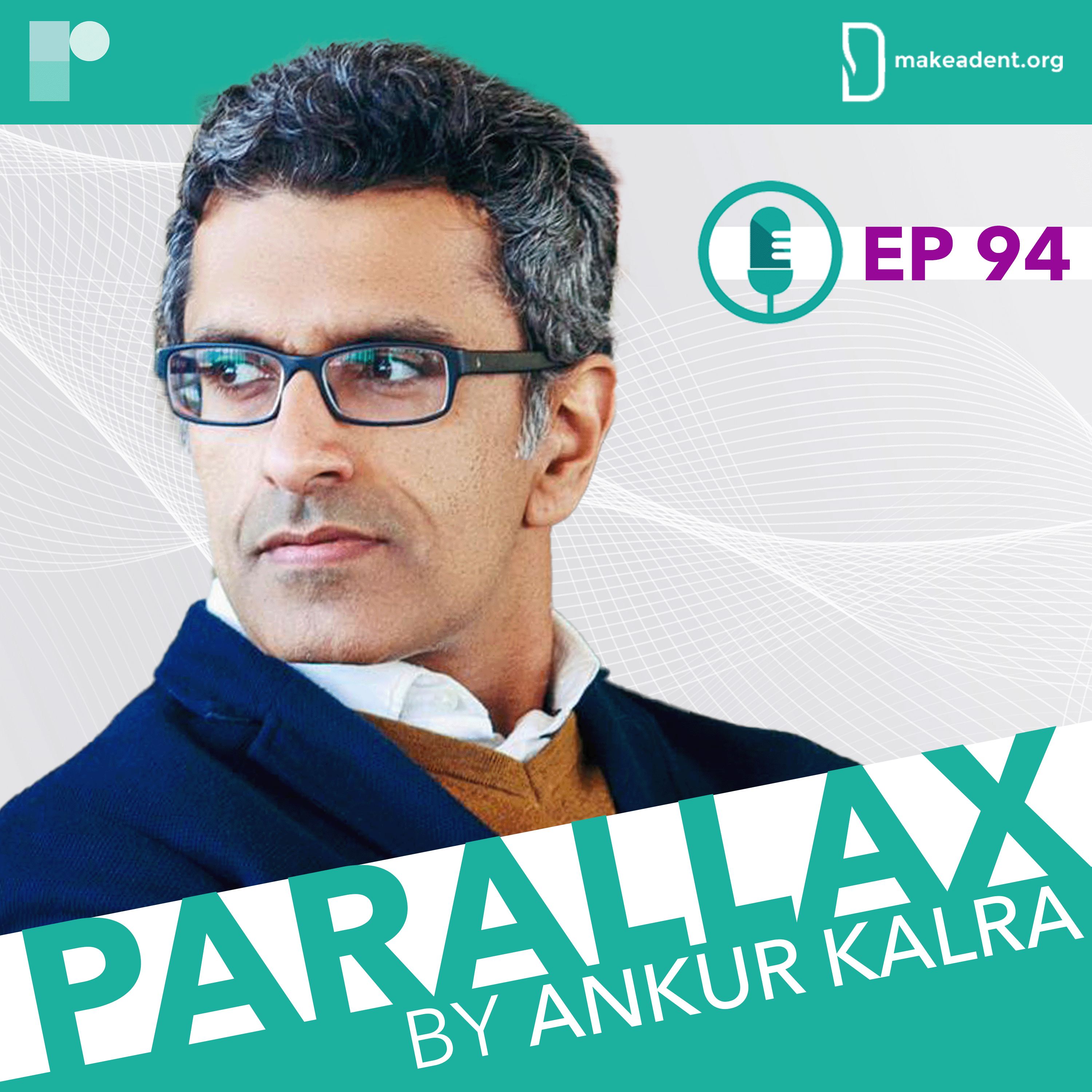
“You should neither take the outcome personally nor fall into the trap of thinking that doing nothing better.”
In this special episode of Parallax, we bring you Dr Ankur Kalra's thought-provoking lecture delivered at the IU School of Medicine Department of Anaesthesia Grand Rounds and introduced by Dr Nandan Anavekar.
In this episode, Dr. Kalra explores the intersection of spirituality and healthcare, encouraging us to reflect on its significance for both patients and providers.
Dr. Kalra begins by defining spirituality and highlighting its interconnectedness with patient care and the broader concept of life. He invites us to think about the various mechanisms behind spiritual experiences and practices, sharing his own personal journey with meditation. Examining studies on the impact of meditative practices like yoga and mindfulness on heart outcomes, he sheds light on their place in healthcare.
Delving into his experiences as a physician, Dr. Kalra presents two patient cases, illustrating how he navigates disparate outcomes. Drawing from Eastern perspectives, Dr. Kalra offers insights from the Bhagavad Gita to encourage a re-evaluation of medicine beyond metrics and focusing on the effort invested in care. He raises important questions about leading a mindful life and the challenge of remaining unattached to outcomes in a metric-driven healthcare system.
What does spirituality mean in the context of healthcare? How can physicians take control of their mindset? And what does the data reveal about the benefits of mindfulness in patient care?

This series is supported by an unrestricted educational grant from Bristol Myers Squibb. Please see www.camzyosrems.com for important safety information.
This content is intended for US-based physicians.




Tune in to discover the strategies that Dr. Kalra and Dr. Alasnag are currently employing and gain insights into how these data will shape their future decision-making in the catheterization laboratory. Don't miss this informative discussion at the forefront of interventional cardiology.

As we adapt to the changes brought about by the pandemic, Dr Singh outlines the necessary steps to foster a reality in which we can utilize these technologies to create more time for human connection.

Dr Owens is Medical Director of the Center for Inherited Cardiac Disease and Associate Professor of Medicine at the Hospital of the University of Pennsylvania.
This series is supported by an unrestricted educational grant from Bristol Myers Squibb. Please see www.camzyosrems.com for important safety information.
This content is intended for US-based physicians.





